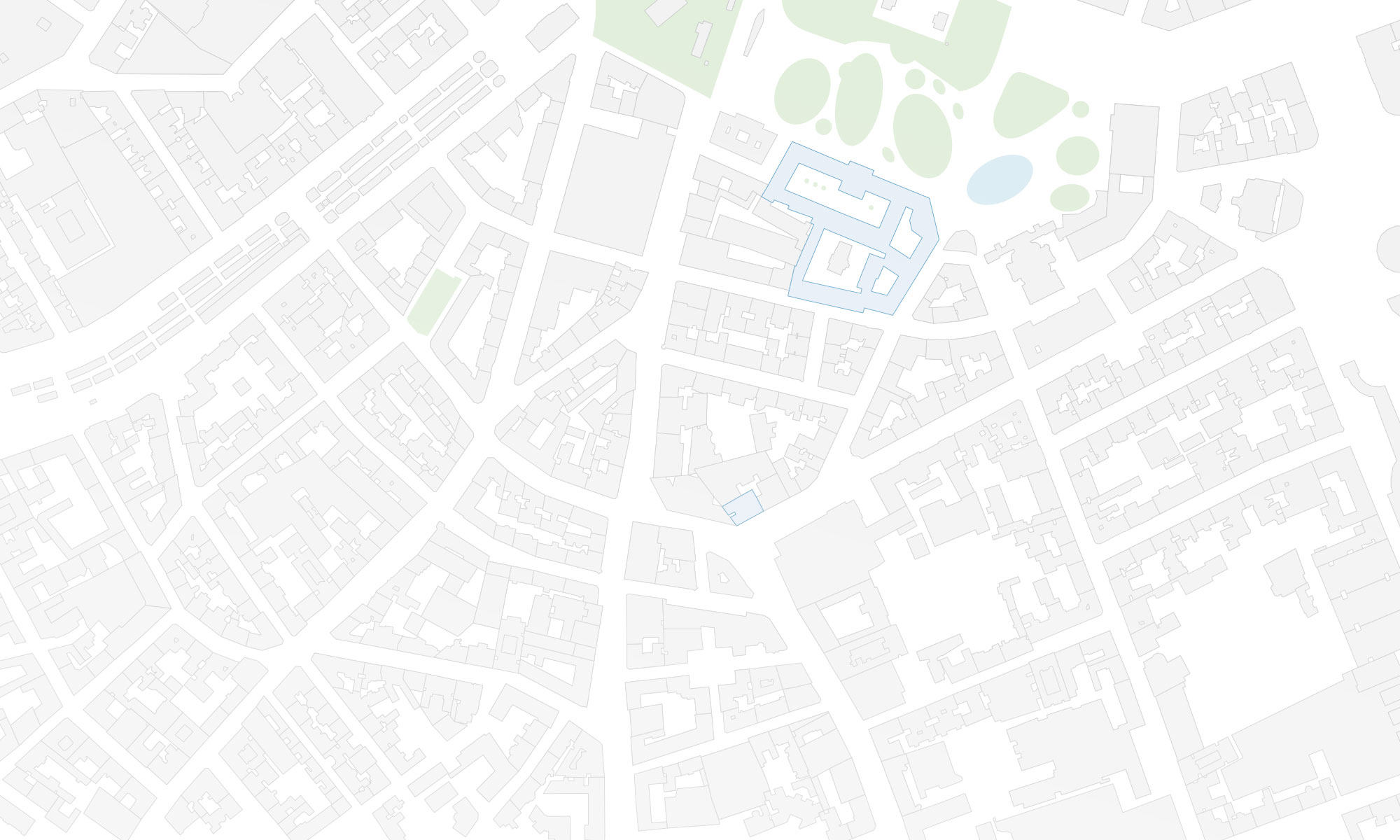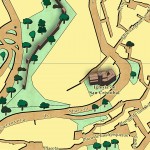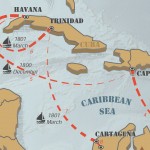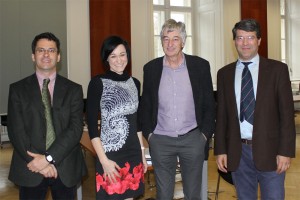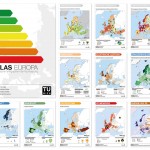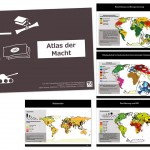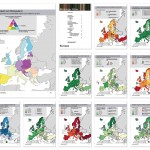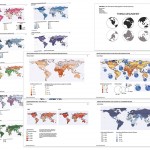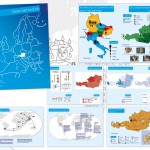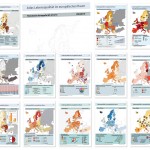We are happy to introduce our new team members: Timea Turdean, Florian Ledermann and Wangshu Wang. Timea and Florian will both work in the genderATlas project.
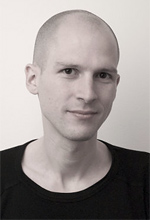
Florian Ledermann started working in our group in June. He has previous research experience in the fields of virtual/augmented reality and information visualization. As a freelance web developer, Florian implemented award-winning web applications for several institutions and independent projects. In the genderATlas project he is responsible for building the technical framework for the atlas.
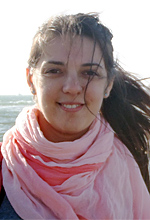
Timea Turdean started working in our group in May. She wrote her diploma thesis on the topic of Identifying people’s affective responses to the environment from social media data. In the genderATlas project she focusses on social media data analysis.
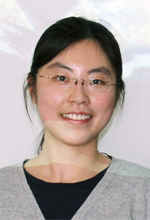
Wangshu Wang completed the International Master in Cartography. She wrote her diploma thesis on the topic of Modeling individual’s familiarity of places using social media. She received a PhD scholarship from China Scholarship Council and will work in our group on her PhD in the field of location-based services and cartography.
Welcome!
